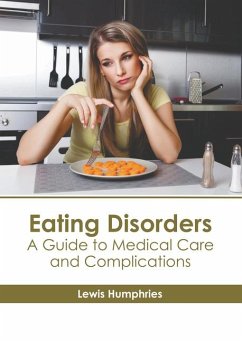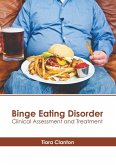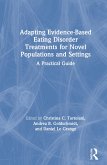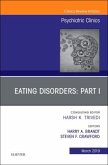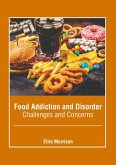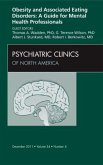An eating disorder is a mental disorder characterized by abnormal eating behaviors that affect a person's physical or mental wellbeing. The signs and symptoms of eating disorders vary according to the type and severity of an eating disorder. Some common physical manifestations of these disorders include weakness, fatigue, weight loss and stunted growth. Some of the most common types of eating disorders are pica, anorexia nervosa, bulimia nervosa, binge eating disorder and rumination disorder. There are several health complications associated with eating disorders including heart disease, acid reflux, hypotension, stroke, amenorrhea and type-2 diabetes. The exact cause of eating disorders is not known. However, genetics and psychological health are considered as major factors, which may lead to these disorders. The clinical assessment of eating disorders involves physical examination, psychological evaluation and other diagnostic tests. Psychotherapy is the most common treatment used for eating disorders. Treatment may also include medications that help in managing excessive eating. This book is a practical resource guide on topics related to the medical care and complications associated with eating disorders. It will also provide interesting topics for research, which the interested readers can take up. The book will serve as a reference to a broad spectrum of readers.
Hinweis: Dieser Artikel kann nur an eine deutsche Lieferadresse ausgeliefert werden.
Hinweis: Dieser Artikel kann nur an eine deutsche Lieferadresse ausgeliefert werden.

